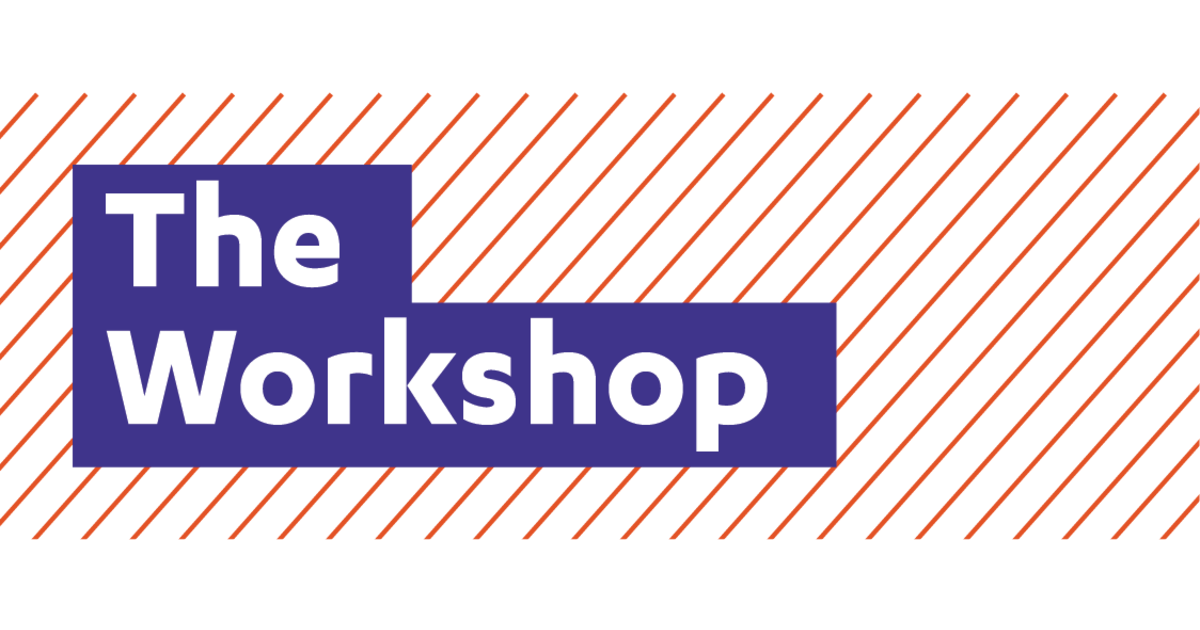Shifting thinking on income support and benefits
Shifting thinking on income support and benefits
Aotearoa New Zealand could be a country where all children experience a thriving, happy childhood. But too often that doesn't happen, despite parents’ best efforts.
The Workshop was originally founded out of a desire to improve family wellbeing by addressing issues that occur because of poverty:
the exclusion of children and whānau from opportunity
not being able to set and pursue their own goals for their lives
the loss of potential and joy.
The types of changes that make the biggest difference to family wellbeing were clear from the evidence. They include changes in laws and policies related to housing, employment, the environment and the tax and welfare systems. We also need upstream changes to remove barriers to wellbeing caused by racism, gender bias, ableism and other biases built into our systems and structures.
Families need more resources. They need money to help them reach their life goals, including caring for their children. They need stable jobs with a career path. They want to support their children to reach their aspirations.
For example, experts are clear that the current welfare system, far from helping families out of poverty, acts as a major constraint on their ability to plan, reach their goals and thrive. It hurts these families and children, but it also hurts all of us as a result.
One barrier to these changes is a shallow public understanding of the causes of poverty, leading to a lack of public support for the solutions needed. To build support for the changes needed, people’s understanding of poverty need to deepen. Their mental models need to shift.
Shifting mental models is the focus of our work at Reframe Aotearoa. We research and develop ways to communicate with people to help shift their mental models to support changes that make the most difference to unlock whānau and children from poverty in Aotearoa New Zealand.
This includes:
deepening people’s understanding of the upstream causes of poverty
shifting mental models
sparking hope in advocates to drive change.
We’ve done this work across a range of aspects of family wellbeing. However, this report focuses on one case study – our work to shift mental models about income support and benefits. This work has contributed to change in the public discourse and at the government level, resulting in increased benefits. In this report, we show the contribution and impact of our work on family wellbeing. In just the first two and a half years of operation as The Workshop, we had some crucial wins. However, we have not finished this work. In this impact report, we show our lessons and suggest directions for the future.

